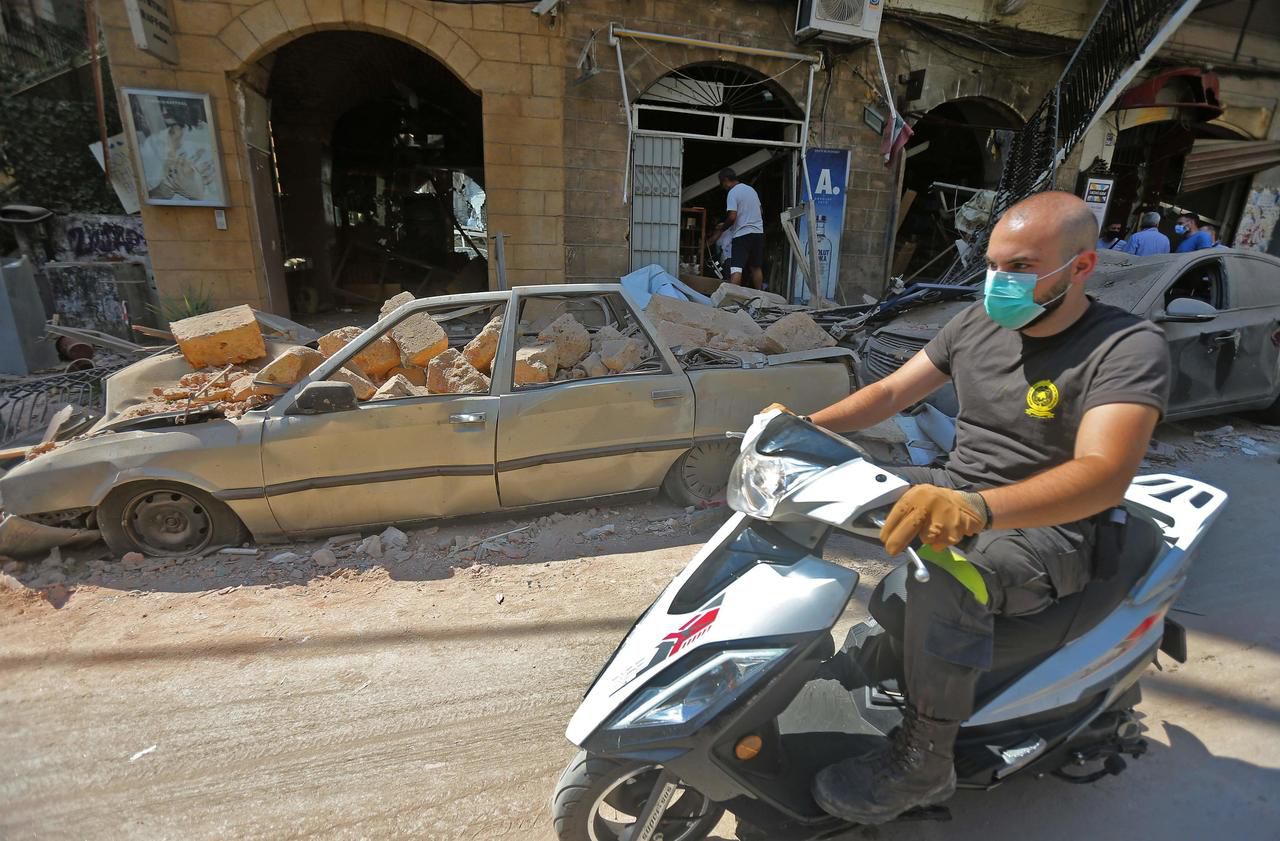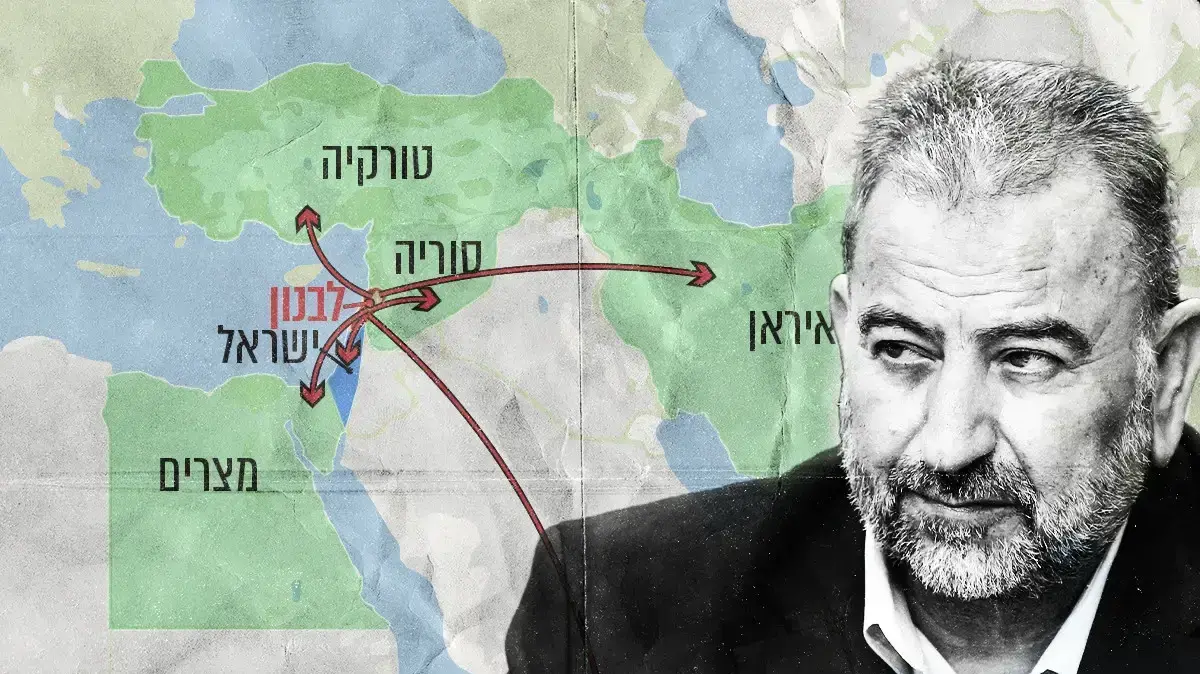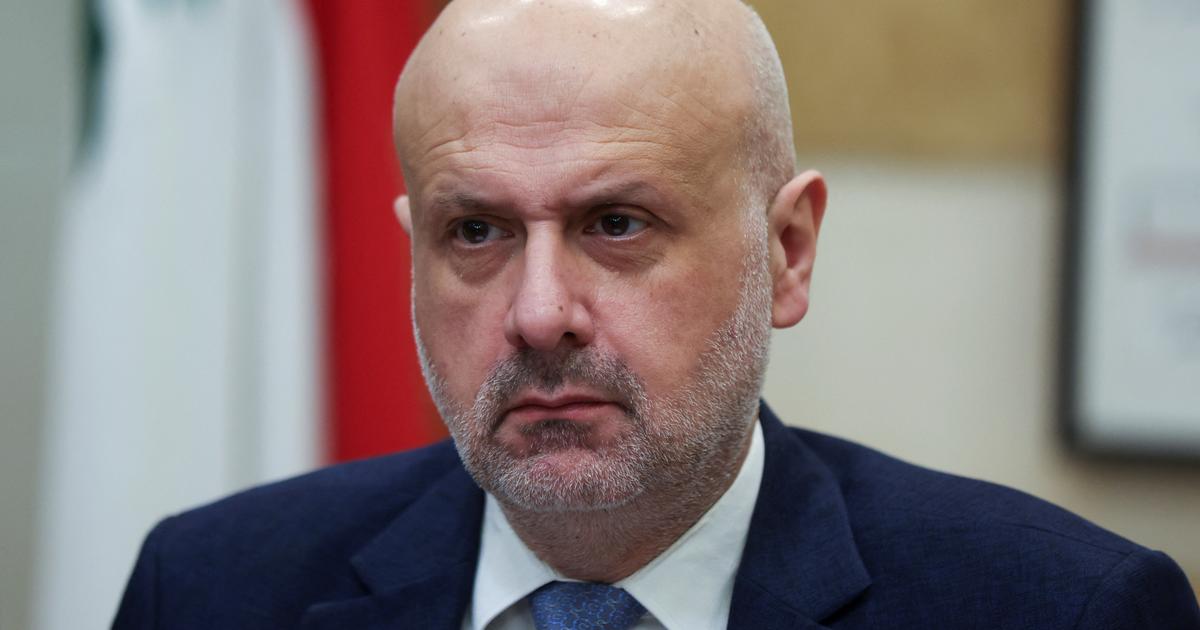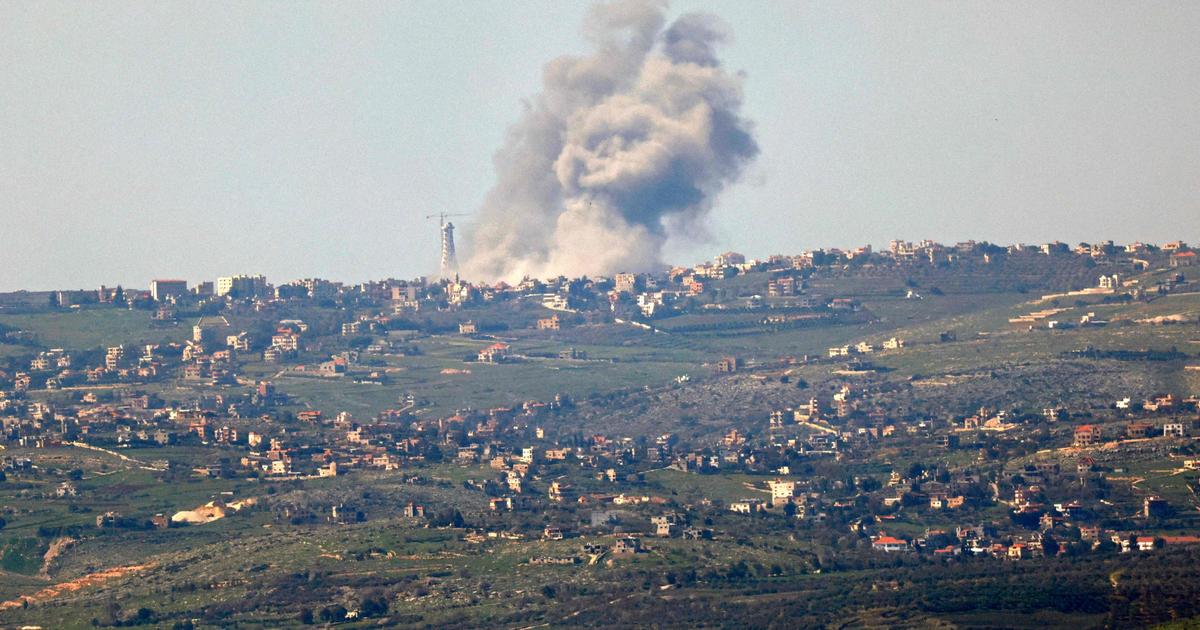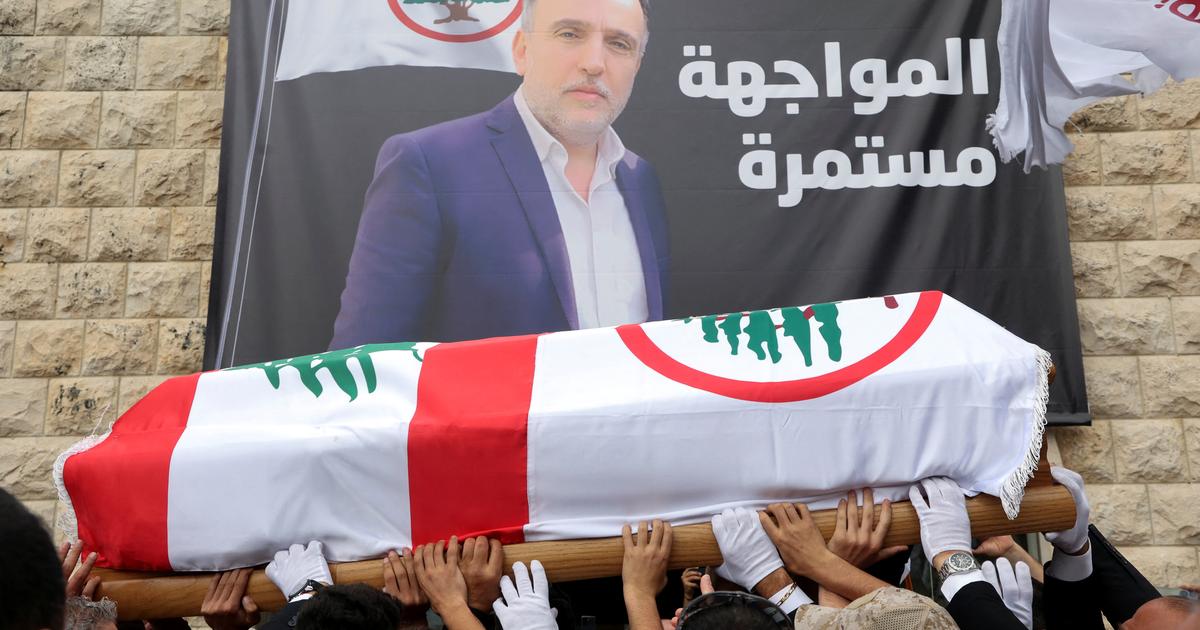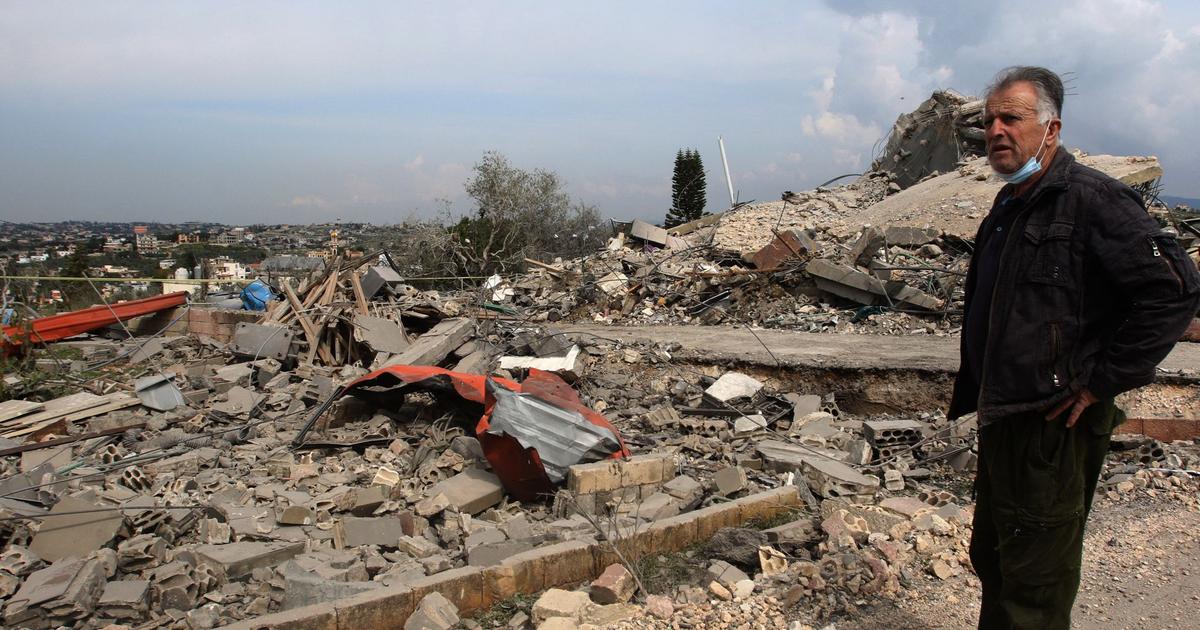Afterwards, some in Lebanon were tempted to see in the explosion that took place Tuesday evening, a quasi-mystical sign. In the sense that this drama, which strikes a country already on the ground, would be a message shouted by the people to the leaders of the country: nothing should be as before. For years the country has been mired in a political crisis that has itself fueled an economic crisis, the two continuing in an endless spiral.
The economic situation in Lebanon is indeed more than alarming: hopeless. Debt currently represents 170% of GDP, preventing the country from investing in its infrastructure. Faced with the country's economic difficulties, the price of the Lebanese pound has plummeted, losing nearly 80% of its value in recent months, severely reducing the household budget. The price of basic products, the vast majority of which are imported, has also exploded. Since spring, half of the Lebanese population has lived below the poverty line. The most vulnerable "risk dying of hunger because of this crisis," Michelle Bachelet, UN High Commissioner for Human Rights, said a month ago.
Two factors allow, among others, to explain how Lebanon got there: the political crisis of a system at the end of its rope and its geopolitical situation, stuck in the heart of a powder keg. In this country subject to the influence of regional powers, the risk of war is never far away: the one that raged between 1975 and 1990 left between 130,000 and 250,000 dead. The Lebanese model of political organization is based on its multi-confessional specificity: each religious community has well-defined positions of power. But this system failed to reform the country.
“We are facing a political regime crisis. This is the crisis of sectarian governance, which has become a system plagued by corruption, ”comments political scientist Nadim Houry, head of the Arab Reform Initiative think tank, a specialist in the Middle East. “The Lebanese are attached to their diversity, but they no longer want to be governed in this way. "
"The daily life of people is to survive"
Corruption and clientelism are endemic there and eat away at Lebanese society, right up to the top of the state. Since the tragedy of Tuesday, a number of Lebanese have tried to challenge the international community by asking them, if it wishes to help… not to give money to their leaders, but to give priority to humanitarian associations.
Lebanon is also suffocated by the crises which shake the region. The activism of the Lebanese Hezbollah, especially in the Syrian war, resulted in a decrease in the economic support of the Gulf countries. Sanctions against Syria have also affected Beirut. "The Lebanese dream of a position of neutrality in Switzerland", notes Nadim Houry, which would allow them to find a little air economically.
Since last October, a massive popular sling has risen in Lebanon, punctuated by numerous demonstrations denouncing the incompetence and venality of the political class, and demanding a sweeping blow. This challenge has been put on hold by the Covid health crisis, and now “people's daily lives are to survive,” notes Nadim Houry. Many now hope that the tragedy in the port of Beirut will not be the final blow to this bogged down country, but the start of a vital leap.
Newsletter - Most of the news
Every morning, the news seen by Le ParisienI'm registering
Your email address is collected by Le Parisien to enable you to receive our news and commercial offers. Learn more
VIDEO. Beirut hospitals saturated after double explosion

